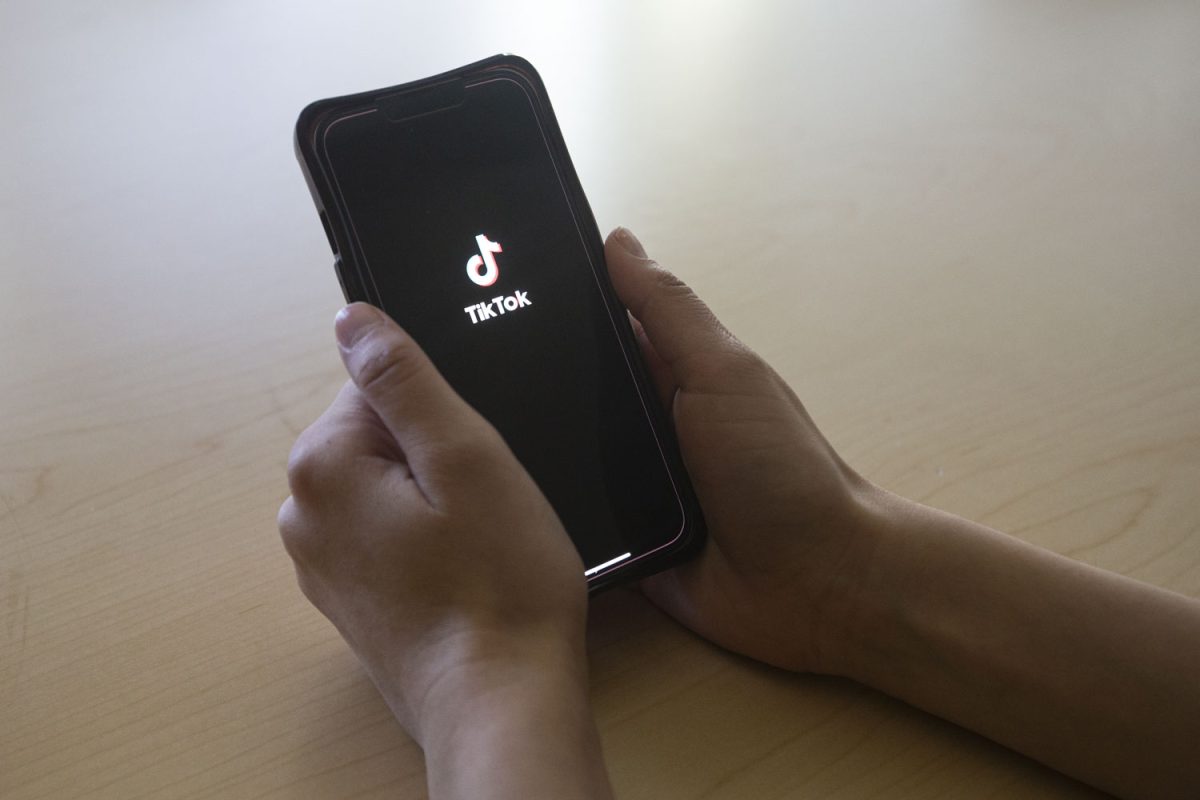The Drug Enforcement Administration and smoke shops have never exactly gotten along. While the former works to enforce laws that control substance, the latter exists, it seems at times, to bend and sidestep the laws. In 2014, the agency orchestrated a nationwide crackdown on synthetic marijuana that served warrants in at least 29 states and initially culminated in more than 150 arrests. All three Iowa City smoke shops that operated at the time were raided.
In June of this year, authorities arrested a person associated with a local smoke shop. The former owner of Zombies Tobacco Accessories was charged with “conspiring to distribute synthetic drugs,” which potentially carries a hefty 20 years in jail and a massive $1 million fine. The controlled substances that the DEA had seen as illegal prior to the raid were FUBINACA and THJ-2201, both of which are used as synthetic marijuana and known as K2.
The timing of this charge is a bit ominous. Why was there a two-year delay between the initial raid and the charge? Perhaps to coincide with another wide-reaching illegalization of a substance commonly found in smoke shops: kratom.
According to an article published in Forbes, “The plant Mitragyna speciosa and its two primary constituents, mitragynine and 7-hydroxymitragynine, will be temporarily placed onto Schedule 1 on Sept. 30, according to a filing by the DEA.”
Kratom use is actually quite common, with kratom bars and cafes recently popping up in such cities as Los Angeles and New York. The plant works with the brain’s opioid receptors and provides a short feeling of pleasant calmness. Because of its nature, it has been used by those afflicted with addiction to prescription opioids to overcome their dependence on things such as Percocet and Vicodin while managing the chronic pain that put them on those drugs in the first place.
But, the DEA claims, kratom can be abused, so it must be controlled. Apparently without public comment, as it inviting dialogue would further delay the substance’s oncoming Schedule 1 labeling. But the amount of scientific literature and personal testimony warrants public dialogue on the substance.
According to the Centers for Disease Control & Prevention, poison-control centers have only received 660 calls concerning the substance in the last five years. To put that into perspective, children eating laundry detergent caps cause thousands of calls each year.
North Carolina, after taking the time to listen to public comment, decided to limit the sale of kratom to those who are 18 years or older rather than to outright ban the substance.
At the end of the day, kratom is not your standard smoke-shop drug alternative. It is not bath salts, and it is not K2. It is a natural plant that seems to have some degree of positive effect in certain communities. With the potential medicinal benefits of the plant and the testimonies of those who have used the substance to ward off serious addiction, to rush kratom onto the Schedule 1 list seems arrogant and belligerent. The Daily Iowan Editorial Board believes the DEA ought to take some time to listen to the public it claims to serve.










